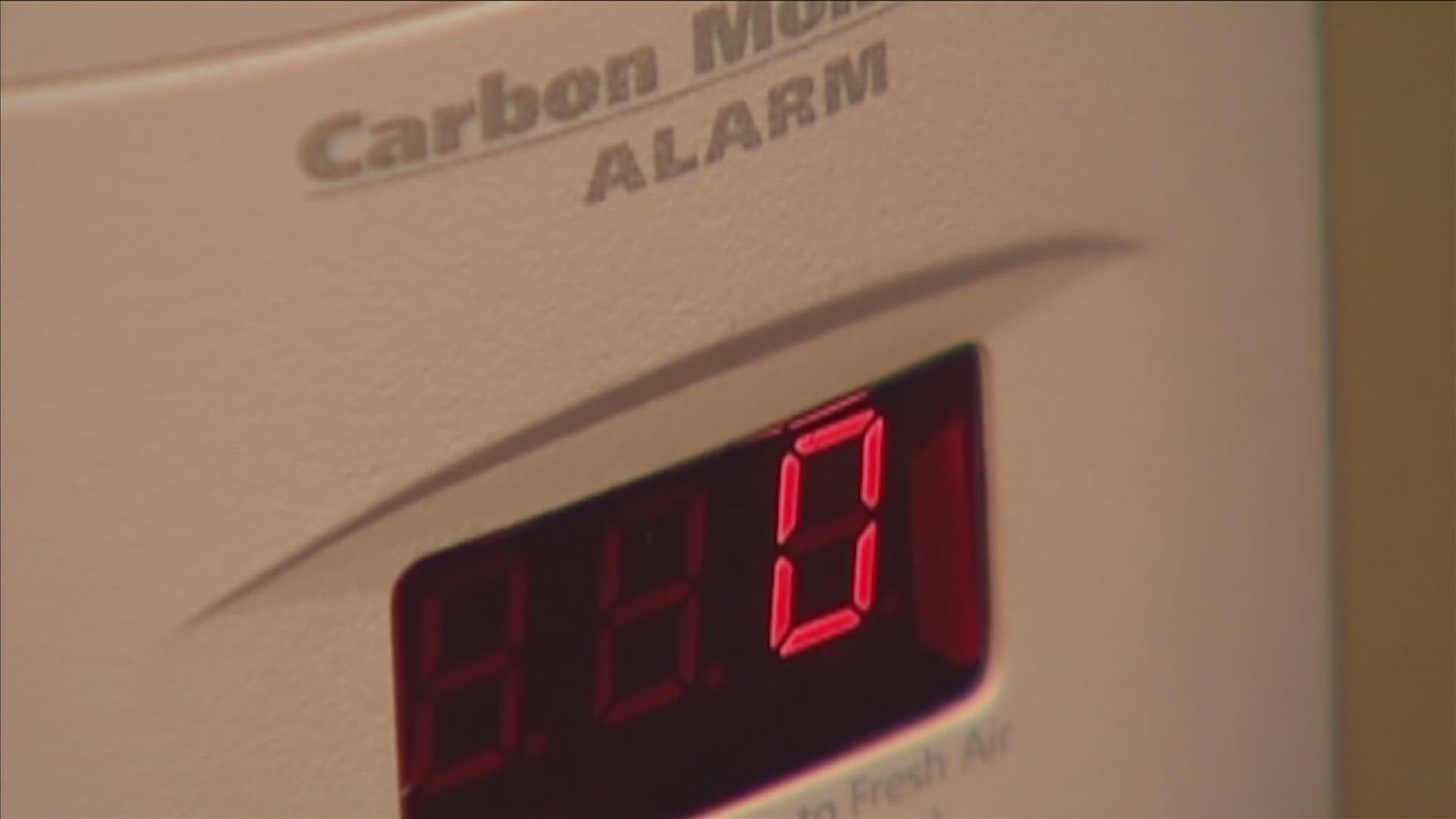MEMPHIS, Tenn. — Carbon Monoxide, the odorless, colorless, tasteless gas can sometimes be known as a silent killer. In 2018, three people died in a Memphis home from it. In the US, 50,000 people go to the hospital with carbon monoxide poisoning every year, so it’s important to know what to look for as the winter months roll around. In light of the gas leak at a midtown apartment building that killed four pets and sent five people to the hospital, Carbon Monoxide poisoning is a major concern.
"Before you know it, it's too late," MFD Public Information Officer Qwanesha Ward said.
The November 22 gas leak at The Venue forced residents to evacuate before the Thanksgiving Holiday.
"It was a Carbon Monoxide leak. We did have four civilians that were transported and one firefighter transported, non-critical. We had three dogs and one cat that's deceased," Ward said.
According to the Memphis Fire Department, while there are requirements for apartments to have smoke detectors in each unit, it’s not the same for Carbon Monoxide detectors. This is why it’s important to remain proactive.
"I do want to stress to the community that it's very important to have a Carbon Monoxide detector. You cannot detect it without a Carbon Monoxide detector," Ward said.
In the winter months, cases of Carbon Monoxide poisoning tend to go up.
While trying to stay warm, many families may look to power generators, but those could cause a problem if left inside the home.
"I always advise, don't put a generator inside your home if your power goes out, that is the number one leading cause of Carbon Monoxide poisoning," says Ward.
Other causes can include chimneys, gas range stoves, lanterns and charcoal or wood fires. If you find yourself with any symptoms of poisoning, it’s important to act quick and get help immediately.
"Some of the signs you may experience is shortness of breath, dizziness, fatigue, loss of consciousness, vomiting, just that cherry red skin, those things, if you start experiencing that all of a sudden, you probably need to exit the home and call 911," Ward said.
The CDC recommends changing Carbon Monoxide detectors every five years, and to check or change the batteries every spring and fall.

